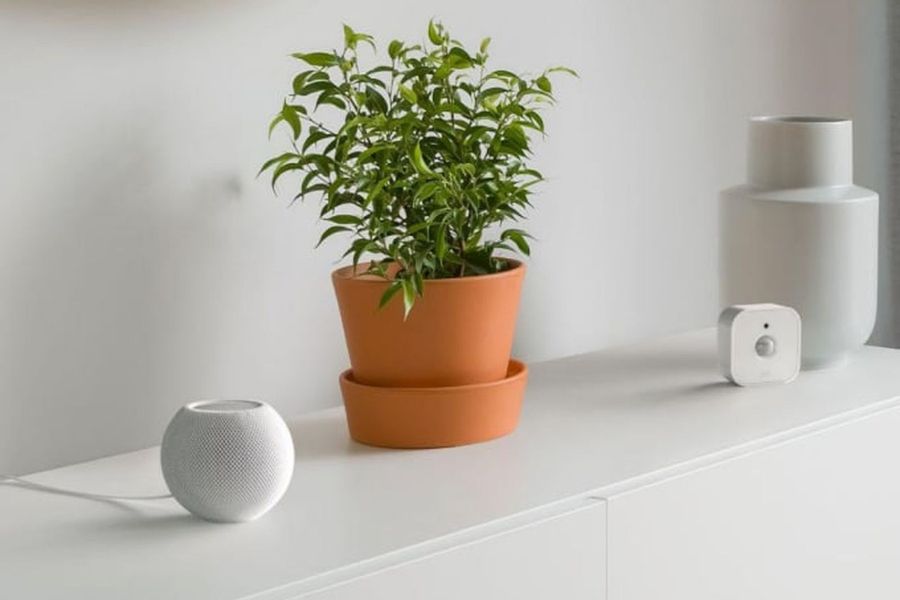A two-million-dollar grant from the National Institute on Aging is giving the University of Missouri the opportunity to see how 3D sensors can contribute to positive living outcomes for seniors. The upcoming study will monitor older adults with health conditions affecting their ability to conduct daily tasks (i.e. gardening, cooking, etc.) that can help ward off feelings of isolation that can come with independent living. By monitoring specific patterns such as heart rate and movement, researchers hope to be able to capture any abnormalities that can then lead to proper interventions.
These sensors, which will be able to capture 3D silhouettes of home residents, will be installed in non-intrusive areas of the home, such as the living room or kitchen. A professional care team consisting of occupational therapists, nurses and social workers will then monitor the sensors.
“If the motion sensor detects an increase in overnight trips to the bathroom, for example, a talk with their doctor about the abnormality might uncover a urinary tract infection, and a prescription of antibiotics and increased fluids can help improve their condition,” said Rachel Proffitt, an assistant professor in the MU School of Health Professions and principal investigator on the project in an article with Show Me Mizzou. “Then, we can continue to monitor their recovery with the sensors to see if trends return to normal.”
The care team will also be able to use the data to provide recommendations as to how older adults can continue to enjoy the activities they love and then monitor the results. One more example Proffitt gives is an adult with swollen joints due to osteoarthritis may have difficulty cooking. The care team can then recommend a chair be placed nearby for the individual to take frequent breaks while cooking. Another recommendation could be for them to engage in meal prepping on the days they have more energy.
The study is expected to span the course of three years and will target adults aged 60 and over with diagnosed or self-identified disabilities living in rural Missouri.






